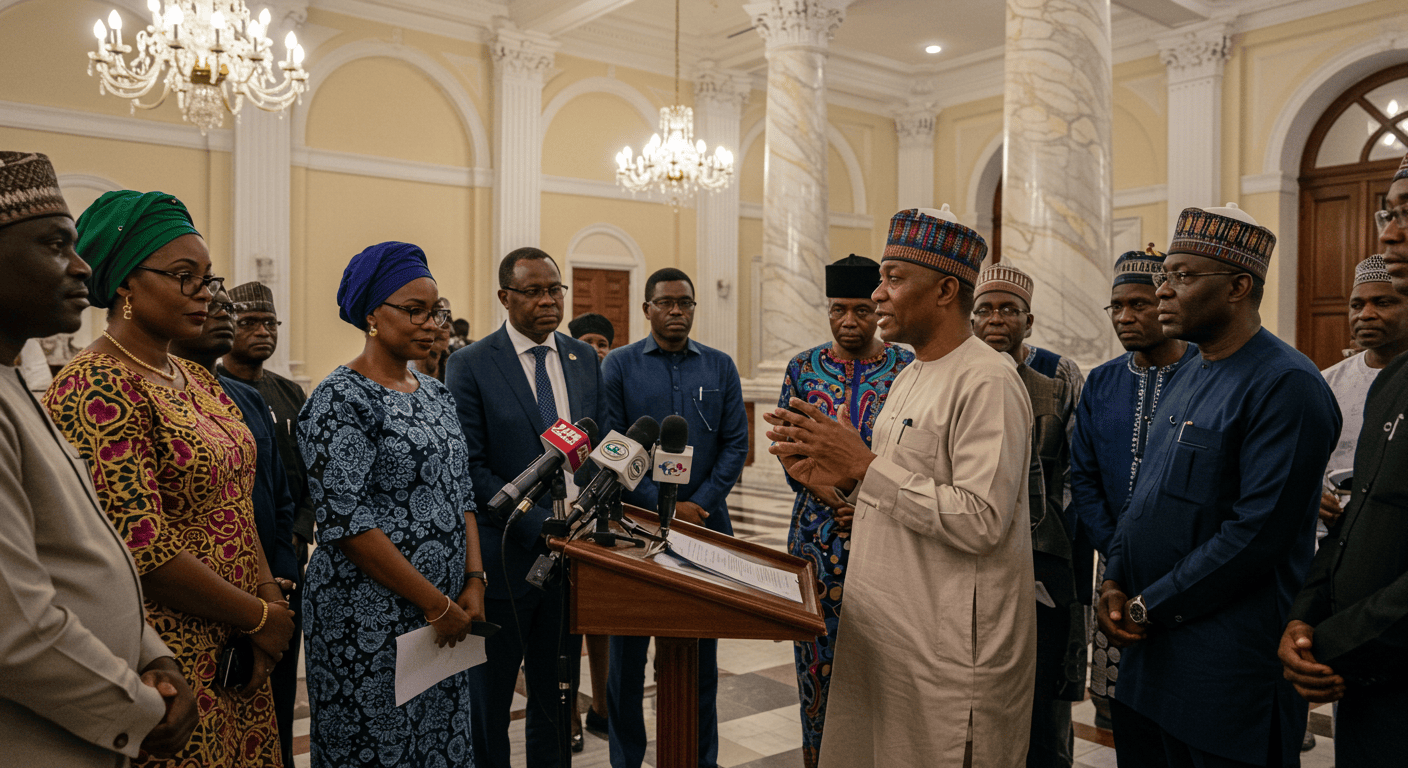
Can Nigeria Become Un-Corrupt?
Corruption in Nigeria has long been a pervasive and deeply rooted challenge, casting a shadow over governance, economic growth, and public trust. From inflated contracts and embezzled public funds to nepotism and electoral malpractice, corruption permeates virtually every sector. Yet the question remains: Can Nigeria become un-corrupt? While the journey is long and difficult, the answer is not an outright “no.” With sustained reforms, strong institutions, and collective national will, Nigeria can significantly reduce — if not entirely eliminate — corruption.
Understanding the Depth of the Problem
To envision an un-corrupt Nigeria, we must first understand the scale of the problem. Transparency International’s Corruption Perceptions Index consistently ranks Nigeria poorly. Reports of missing billions in public funds are routine, and corruption has become almost normalized in everyday life — from police checkpoints to civil service offices.
But corruption in Nigeria is not just about stolen money. It is about broken systems — weak institutions, lack of accountability, and a culture where the powerful operate above the law.
Is It Possible to Become “Un-Corrupt”?
Strictly speaking, no country in the world is completely un-corrupt. However, several countries have transitioned from being deeply corrupt to being models of transparency and good governance — examples include Singapore, Georgia, and Rwanda. These countries didn’t rely on wishful thinking; they relied on strategic, long-term structural reforms.
So, can Nigeria follow suit? Yes — but only if certain key conditions are met.
What Must Change?
1. Institutional Reforms
The biggest weapon against corruption is a strong institution. Nigeria must strengthen the independence, capacity, and integrity of its judiciary, anti-graft agencies (like the EFCC and ICPC), and public audit institutions. These bodies must be shielded from political interference and equipped to act decisively.
2. Leadership by Example
Corruption often flows from the top. When leaders are corrupt or indifferent to corruption, it gives tacit approval to everyone else. If, however, leaders at all levels — federal, state, and local — lead by example, enforce transparency, and punish offenders, it sends a powerful message.
3. Civic Education and Cultural Reorientation
Corruption is not just a political issue — it’s cultural. Many Nigerians see bribery or “settlement” as normal. We must re-educate ourselves about the cost of corruption and redefine our national values around integrity, honesty, and justice.
4. Digital Governance
Technology can be a powerful tool to reduce human contact in public service delivery — thereby minimizing opportunities for graft. E-governance systems, digital payment platforms, procurement tracking, and automated public sector processes can dramatically reduce corruption.
5. Youth Engagement
Nigeria’s youthful population must not inherit the corrupt norms of the past. Instead, they must be empowered to demand accountability, run for office, and reshape Nigeria’s future. Programs that encourage youth participation in governance and entrepreneurship can redirect energies from illicit activities to constructive nation-building.
A Glimpse of Hope
There have been positive developments. The Treasury Single Account (TSA), Bank Verification Number (BVN), and whistleblower policy have exposed and blocked numerous avenues of corruption. Civil society groups and investigative journalists are playing an increasingly active role in exposing graft. Court decisions, though inconsistent, are beginning to show signs of strength. These are not silver bullets, but they are steps in the right direction.
Conclusion: The Road Ahead
Becoming “un-corrupt” is not a destination — it is a continuous process. For Nigeria, that process will involve tearing down the old order and building a new system of values, laws, and practices. It will involve sacrifice, courage, and persistence. But if other nations have done it, Nigeria can too.
It will take a government willing to lose popularity, a citizenry ready to speak up, and a judiciary brave enough to stand firm. Nigeria may not become completely un-corrupt, but it can certainly become a nation where corruption is the exception — not the norm.
And that would be a transformation worth striving for.


